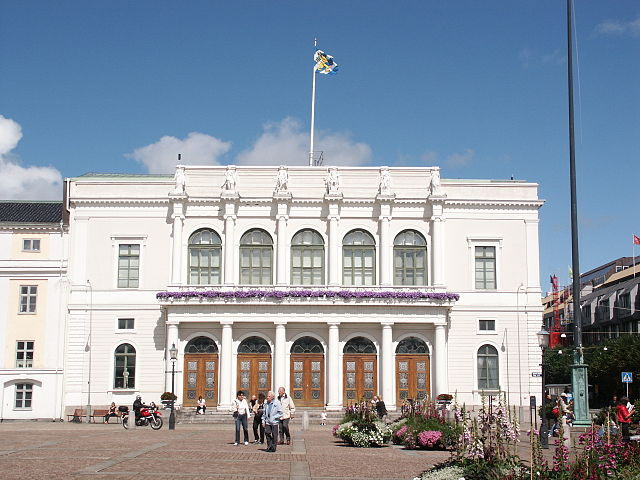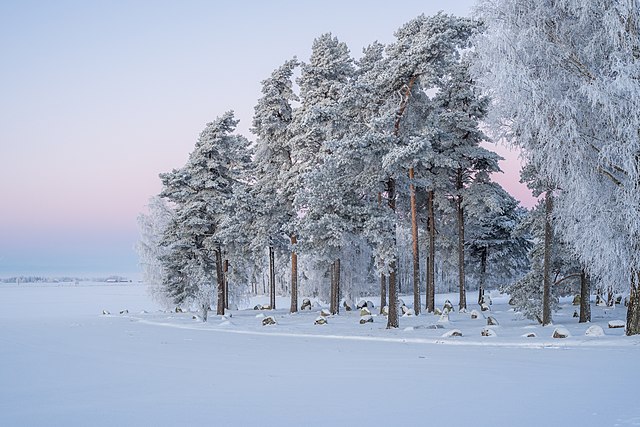Infinite photos and videos for every Wiki article ·
Find something interesting to watch in seconds
Celebrities
British Monarchs
Sports
Tallest Buildings
World Banknotes
Supercars
Orders and Medals
Best Campuses
Wars and Battles
Animals
Ancient Marvels
Great Artists
Richest US Counties
Great Museums
History by Country
Presidents
Famous Castles
Recovered Treasures
Countries of the World
Crown Jewels
Kings of France
Largest Empires
Rare Coins
Wonders of Nature
Great Cities
Largest Palaces
more top lists



